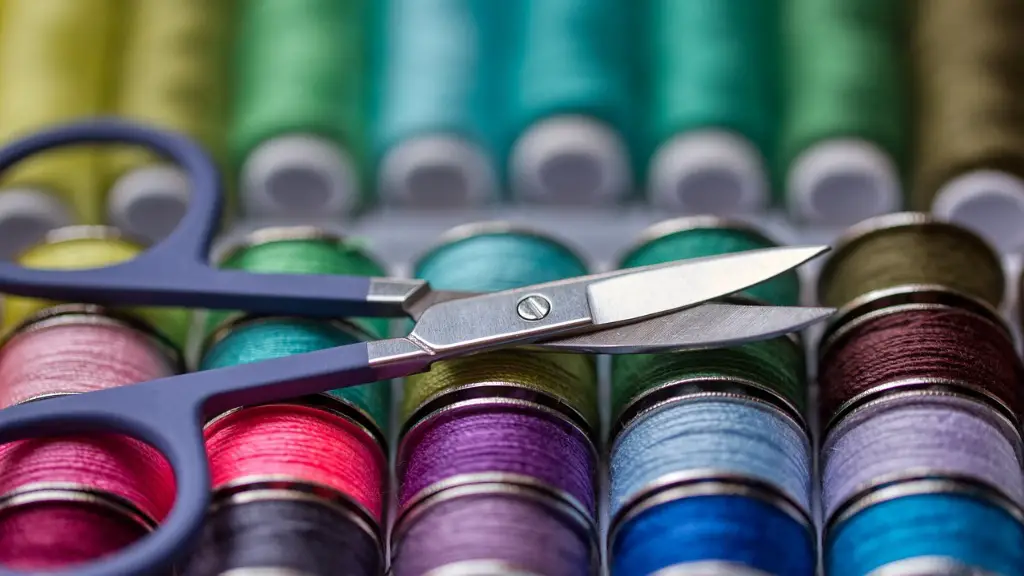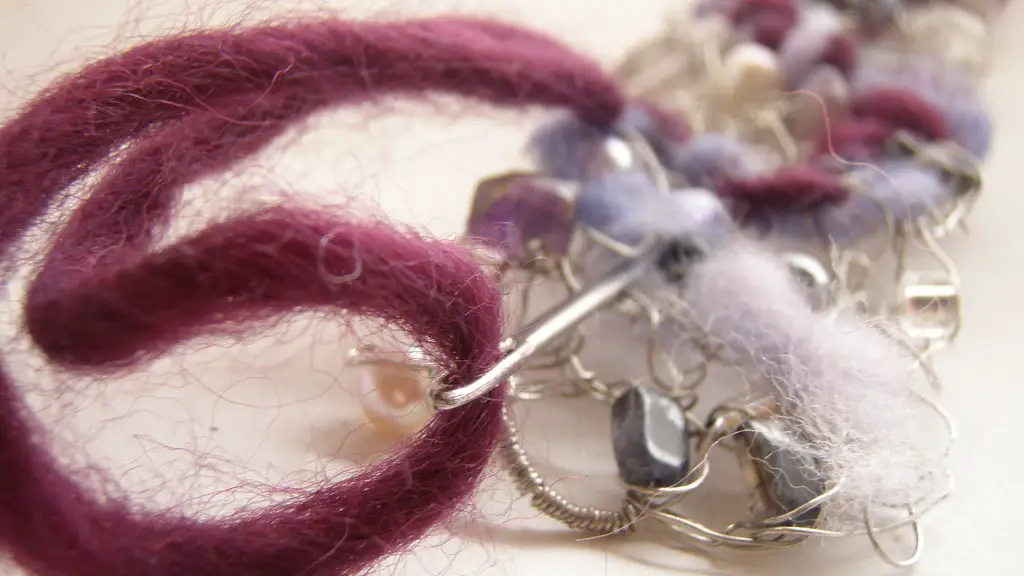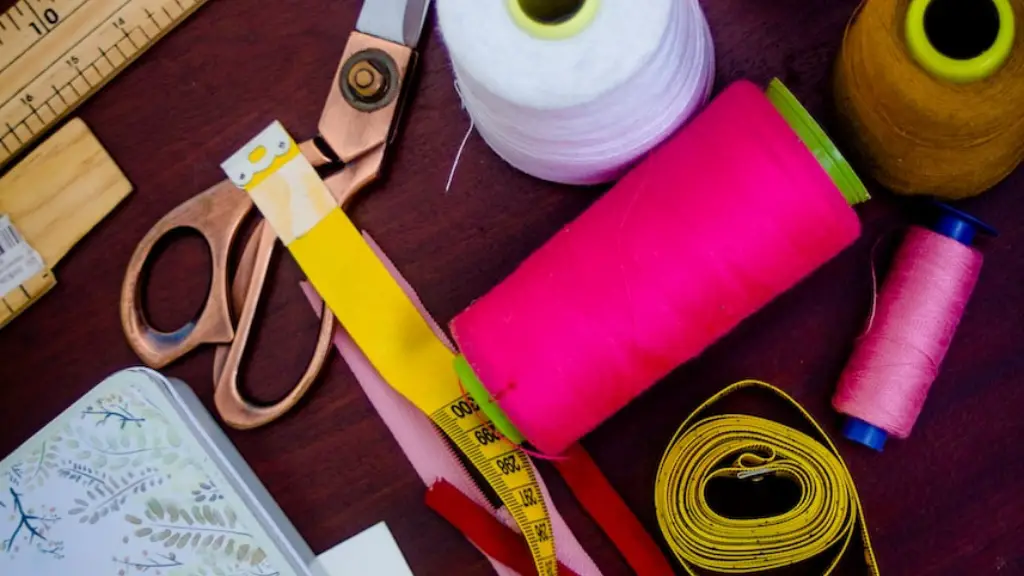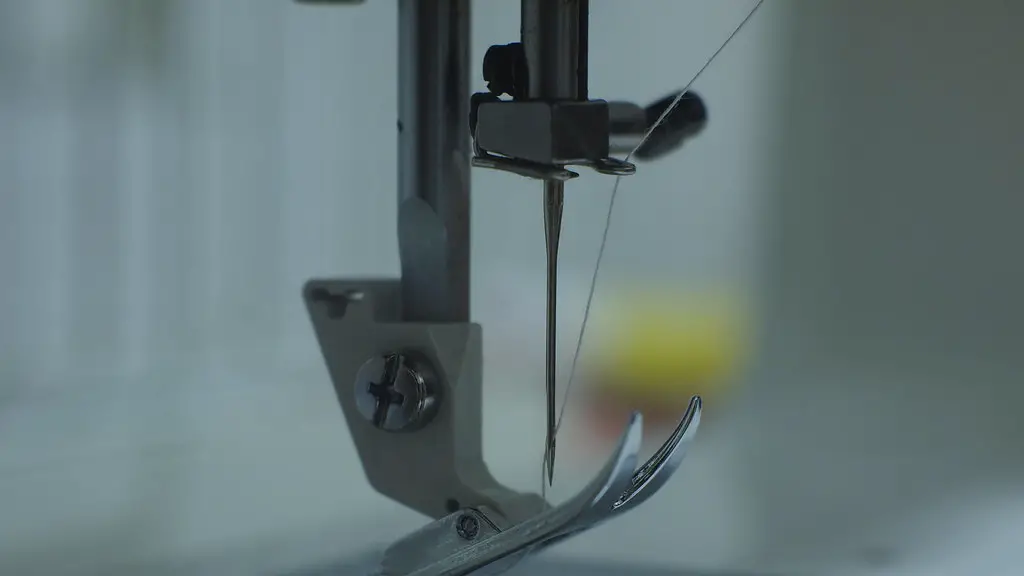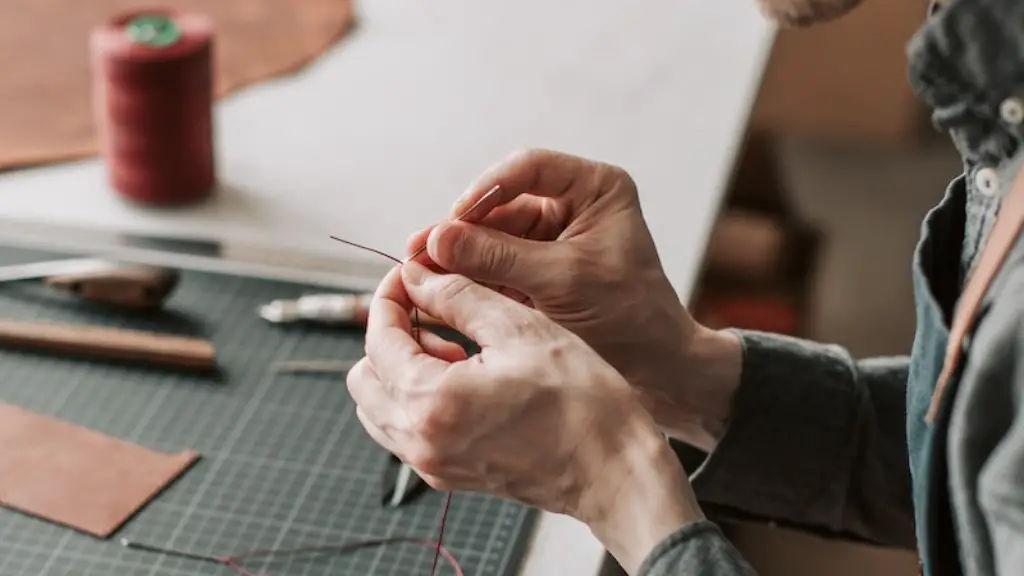The decision to purchase a sewing machine should take into consideration a variety of factors. For starters, the intended purpose of the sewing machine should be taken into account. Are you a hobbyist who just occasionally puts in the occasional stitch, or a professional who will be using the machine frequently? On top of that, you’ll have to consider the different types of sewing machines on the market, as well as the pros and cons of each. With the several different types of sewing machines available to choose from these days, it can be a daunting task to decide on the best one for your particular needs.
The first thing to consider when selecting a sewing machine is the type of fabric you intend to use—from lightweight and delicate fabrics to denim and upholstery fabrics, each fabric has its own specifications for type of machine and thread weight that should be used. Additionally, the type and weight of the fabric will determine which type of needle to use. Knowing this upfront can help you pick the right machine for your needs.
One of the main things to look for when choosing a sewing machine is quality. A machine should be tested for adjustable stitch length and width, tension control, speed and adjustability, ease of use, ease of threading, and noise level. Additionally, you may wish to look for additional features such as decorative stitches, quilting capabilities, automatic buttonholers, or even an automatic thread cutter. Each of these highly useful features can make sewing projects a breeze, but as such, they may increase the price of the machine.
When it comes to the actual cost of purchasing a sewing machine, there is a wide variety of prices. In general, high quality, full-sized machines start at around $200 and can range up to several thousand dollars for a more high-end model. Mid-range machines usually cost between $200 and $600 and will usually serve most needs. Budget models can often be found for under 200 dollars; however, it’s important to test out a budget model before committing to it as the overall quality may not be as high as more expensive alternatives.
Another things to consider is an extended warranty. Generally, most sewing machines come with a manufacturer’s warranty, but sometimes it’s worthwhile to purchase an additional extended warranty to make sure the machine is covered in the event of any unexpected breakdowns. Depending on the model, these extended warranties can range anywhere from a few hundred dollars to several hundred dollars, so be sure to do your research and compare prices before making a purchase.
All in all, the decision to purchase a sewing machine should not be taken lightly. There are several different types and models of sewing machines out there to choose from, so it is important to do research, read reviews, and try out different models before committing to a particular one. By taking all these factors into account before making a purchase, you’ll be sure to find the perfect machine for your sewing needs.
Different Types of Machines
Sewing machines come in a variety of different types for different applications, such as electronic, mechanical, and computerized. Electronic machines are typically cheaper and simpler, but may be limited in terms of stitch and feature selection. Mechanical sewing machines are usually more reliable, with a much larger selection of stitches available. Computerized machines tend to be the most advanced, with the capability to handle a variety of fabrics, as well as connect to a computer for design downloads, USB embroidery sticks, and editing.
One of the most popular types of sewing machines on the market today is the overlocker. Overlockers, also knows as sergers, are specialist machines designed for finishing the edges of fabrics. They are typically used for stretchy or loosely woven fabrics such as knits, and some have additional features such as attaching elastic and cording. As with any machine, overlockers come in a range of prices, so it is important to research and compare different models before committing to purchase.
Another popular type of sewing machine is the quilting machine. Quilting machines are specifically designed for quilting purposes and come with various features to make quilting easier than ever before. They come in different price ranges depending on the model and features, so it is important to do research and read reviews to find the best one for your needs.
And finally, sewing machines can also be used for embroidery. Embroidery machines are designed for stitching decorative designs onto garments and other items. They come in a variety of price ranges and have a range of features from simple to complex. For more complex projects, computerized machines may be necessary, as these can transfer designs from a computer to the machine.
Thread Type
The type of thread to be used is another important factor to consider before purchasing a sewing machine. Different fabric types require different types of thread to be used in order to ensure the fabric does not tear or become damaged during the sewing process. Generally, most machines will take standard long-staple cotton threads, but specialty threads such as monofilament, rayon, and metallics may be needed for certain projects.
For basic projects and lightweight fabrics, all-purpose thread can usually do the job. But for heavier fabrics, strong thread is needed to ensure the stitches hold up. Additionally, some fabrics may require different thread weights. This can range from fine threads to heavy duty threads and will depend on the fabric being used. The type and weight of thread should be taken into consideration before purchasing a sewing machine.
Durability
Durability is another important factor to take into consideration. A good machine should be able to stand up to frequent use, be able to handle heavier loads, and have few issues with malfunction over time. It’s important to read reviews from other users before purchasing and do thorough research in order to find the machine that best suits your needs.
You should also inspect the parts of the machine to make sure there are no defects or signs of wear. The more robust the machine is, the better it is for long-term use and will be worth the investment. Additionally, some machines come with warranties, so it is always a good idea to enquire about warranties when doing research.
Accessories
Finally, some sewing machines come with a selection of accessories that can be useful. For example, some machines come with foot pedals, different presser feet or a detachable table. But it is important to remember that any additional accessories may increase the cost of the machine. Make sure the additional accessories are necessary and will be used frequently to maximize the value of the machine.
So when it comes down to it, the cost of a sewing machine depends on several factors such as type and features. Higher end machines may be more expensive, but are usually more reliable and feature-packed. Budget machines may be sufficient for simple projects, as long as they are tested and inspected beforehand. And regardless of which machine you choose, make sure you read reviews and do your research to ensure that you are getting the best machine for your needs.
